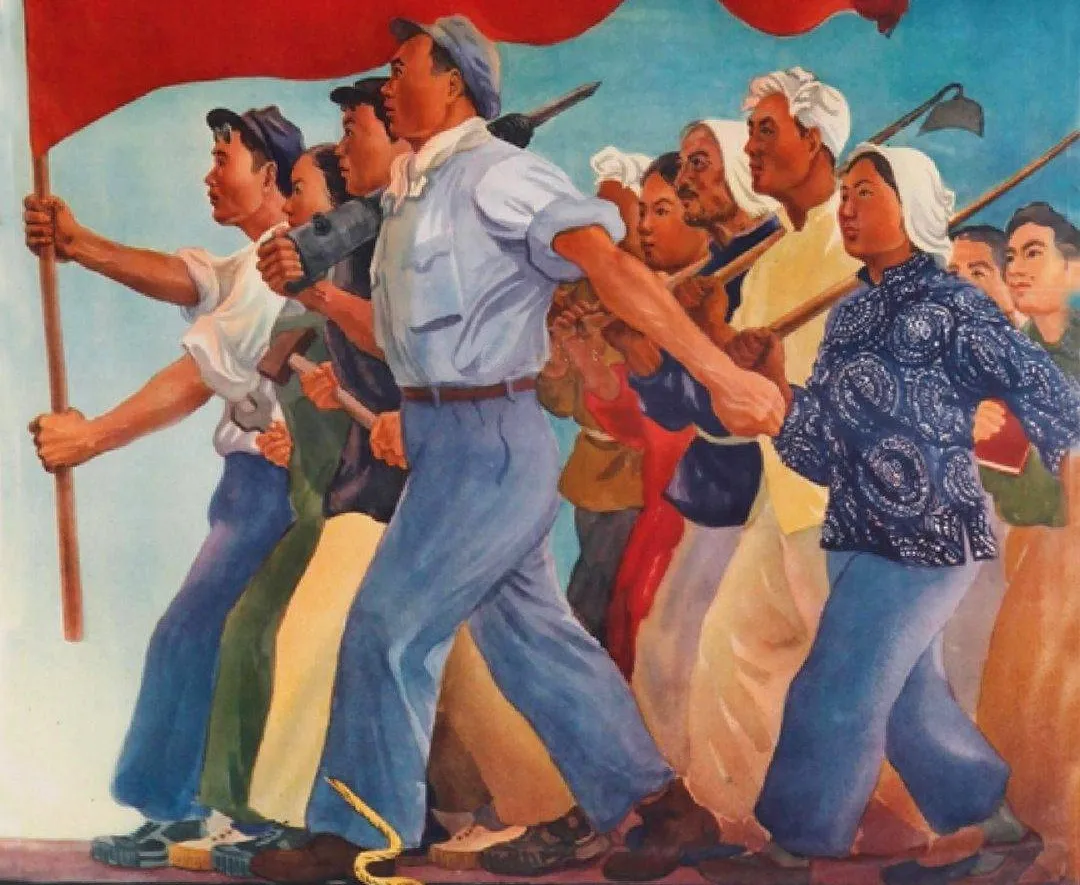Weekly Post
Weekly Friday posts for all paying subscribers.
“When Any of You Intend to Divorce”: Teaching Continuity and Divorce in the Medieval Islamic Middle East, c.600 - c.1600
A discussion of teaching continutiy using examples of divorce in the Islamic Middle East

“A Rich South and a Poor North”: Southernization and Facilitating Student-Centered Discussions
Discussion of how to facilitate student-centered discussions using Southernization

“Hopelessness at Home, A Secure Future Overseas”: Teaching Jewish Migration in the Nineteenth and Early Twentieth Century
Discussion of teaching nineteenth and twentieth century Jewish migration in a world historical context.
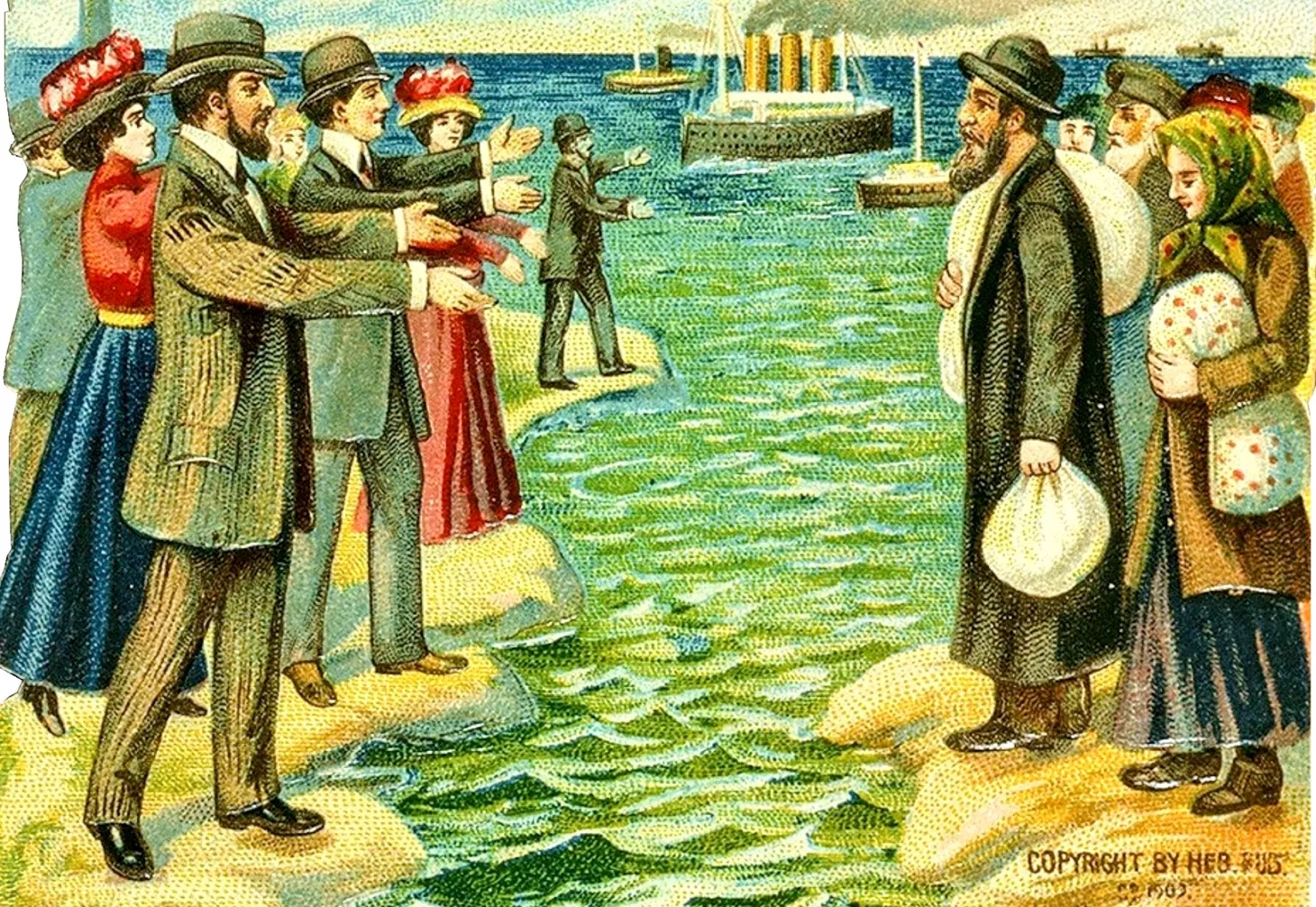
“We Should All Wear the Fez”: Ottoman Jews in the Late Nineteenth Century
Istanbul has long been one of my favorite cities. Whenever I go there, I explore a new neighborhood or visit a new site. Every trip to Istanbul leads to some new insight or anecdote relevant to teaching world history. My last visit was no different. In the summer of 2022,

“He Has Favored Us”: Amsterdam’s Jewish Community and the Transatlantic Slave System in the Seventeenth Century
Discussion of teaching Amsterdam’s Jewish community in the seventeenth century

“Turks Hold Respectable Jews in Esteem”: Jews and the Ottoman Empire in the Sixteenth Century
Discussion of teaching the Sephardic migration to the Ottoman Empire in the sixteenth century
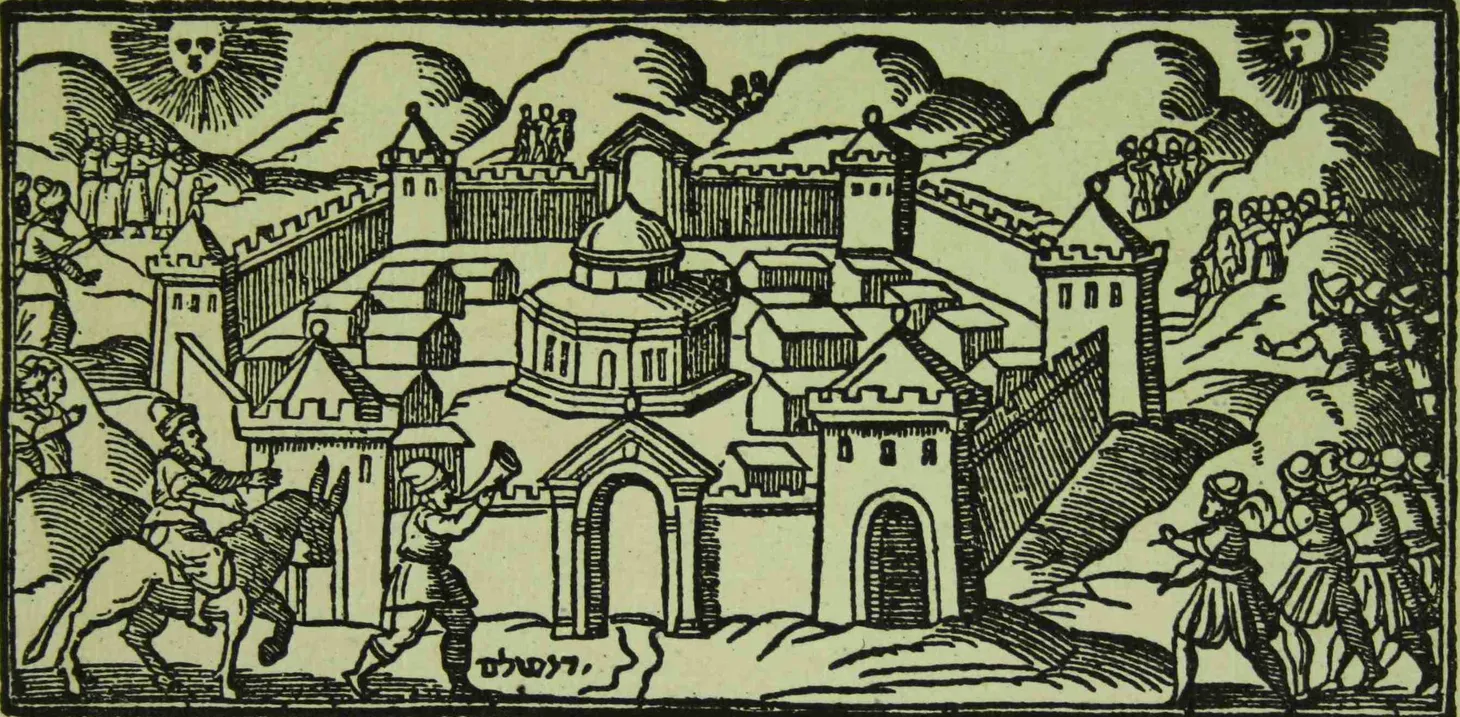
“The Enemies of Colonialism and Racism”: Intersectionality and Teaching Decolonization after 1965
Discussion of teaching decolonization intersectionally with a focus on Southern Africa
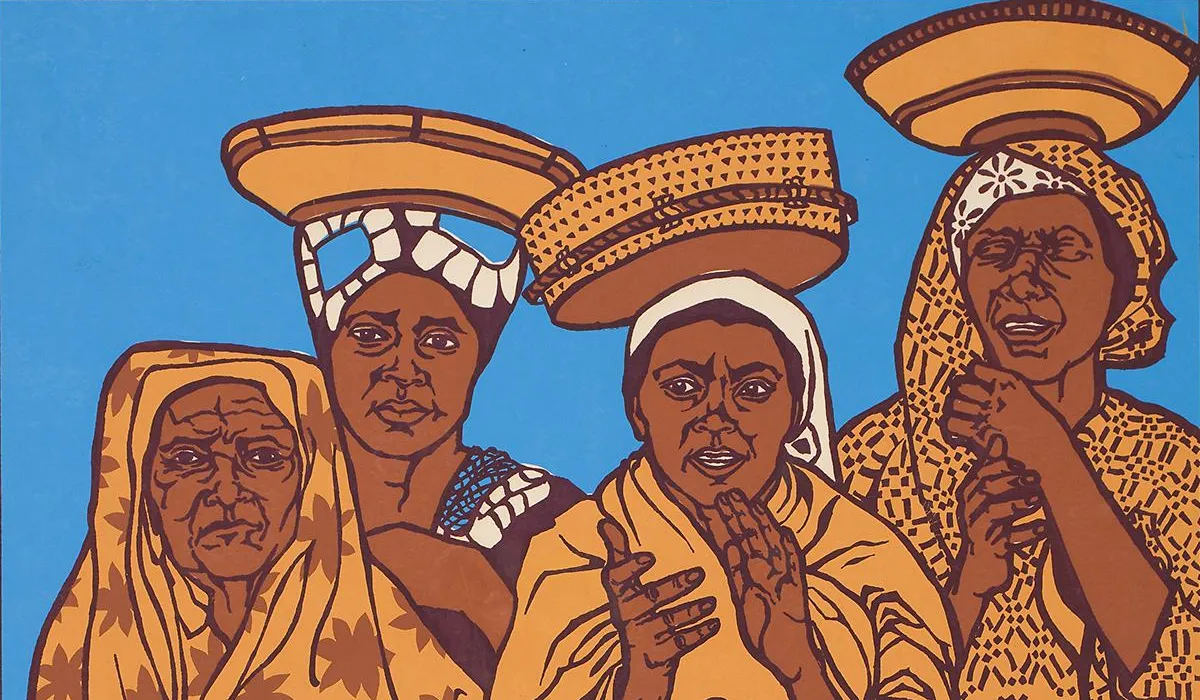
“To Destroy the Colonial World”: Teaching Fanon’s The Wretched of the Earth and Decolonization
Discussion of teaching Frantz Fanon’s The Wretched of the Earth when teaching decolonization.
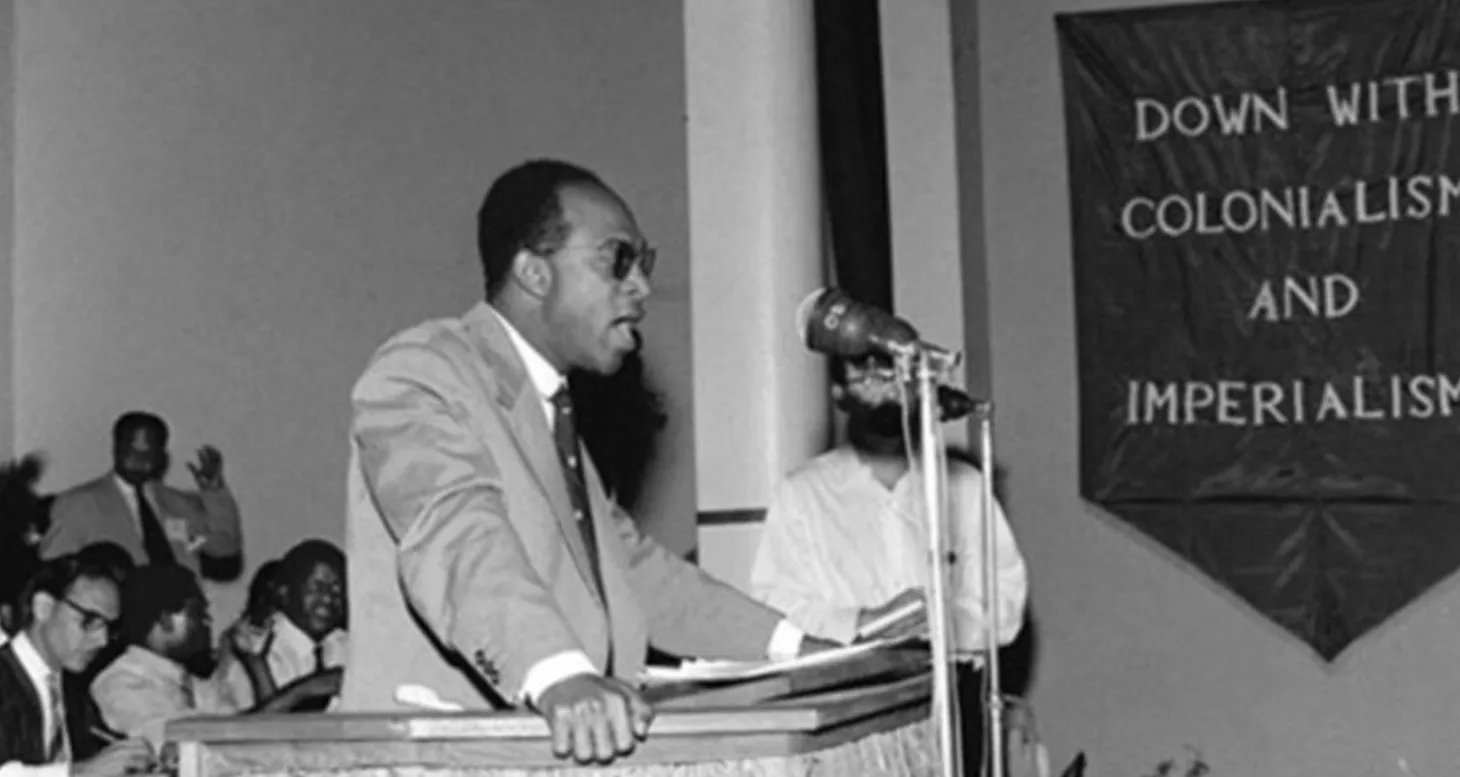
“Ardently Desire the End of Colonialism”: Teaching Decolonization from 1955 to 1965
Discussion of how to teach decolonization from 1955 to 1965
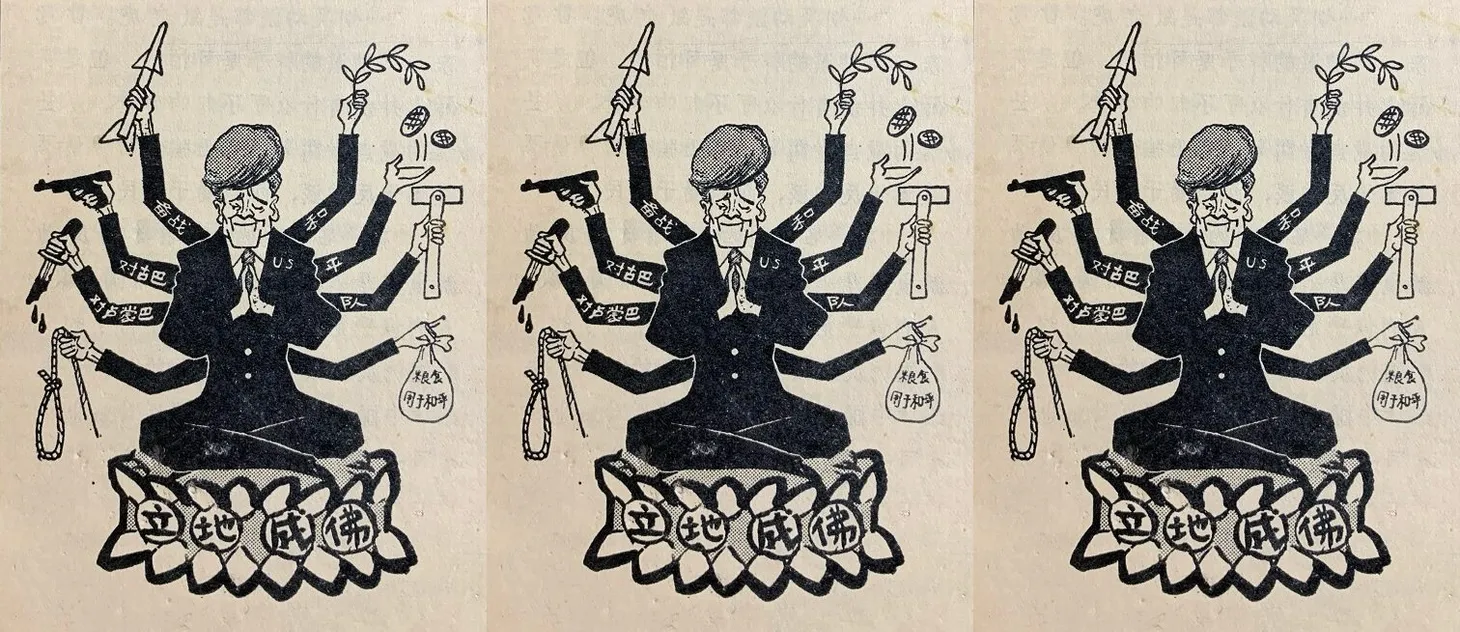
“We Will Fight in Every Way We Can”: Teaching Decolonization from 1945 to 1955
Discussion of how to teach decolonization from 1945 to 1955 using African and Asian primary sources
